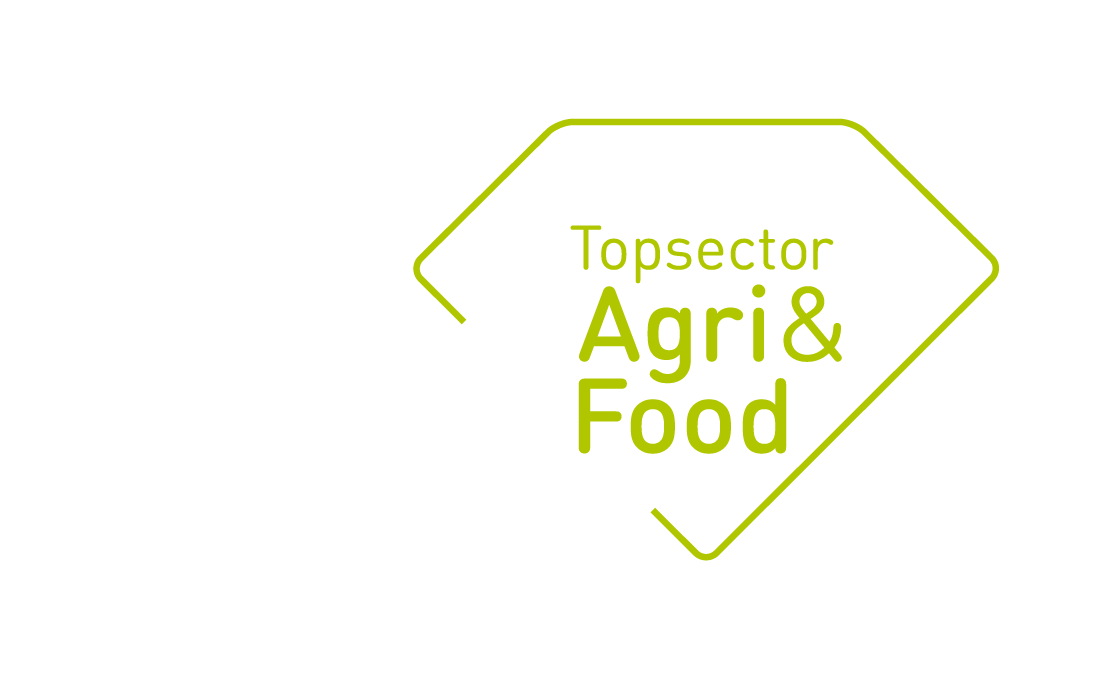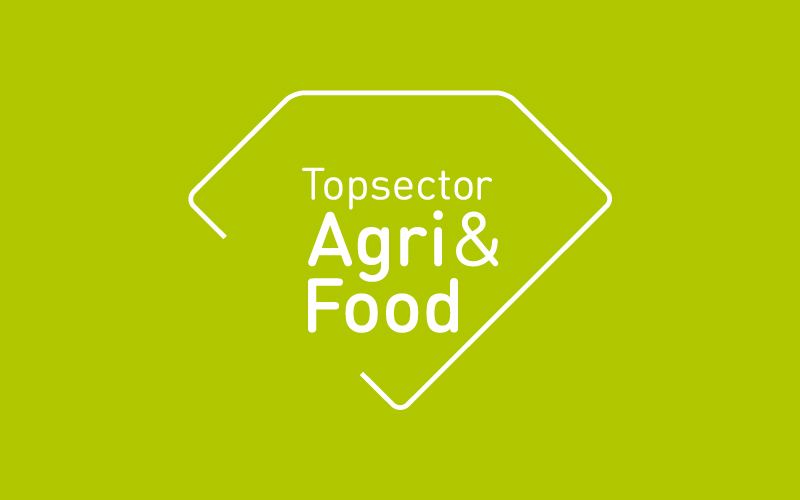Projecttitel: Delivering Chickpea for sutainable production of proteins for inclusion into the human diet
Projectnummer: AF-15286
Kernthema: Gezond & Veilig
Looptijd: 2016-2019
Budget publiek: € 668.000
Budget privaat: € 668.000
Projectleider: Harry Wichers
Projectpartners: Apinec Agro Industry, Beijing SeeDo, Hak & Partners, Interesba, Lausanne Trading & Consultants, QuaTerNes Agric, Q-Solutions Selet Hulling, Sci & Technol, Tradinorganic, Wageningen University Research
Samenvatting
The objective of the proposal is the development of novel products based on chickpea, with a specific focus on meat-substitution, for which chickpea might qualify very well because of its superior palatability.
Alternatives are urgently needed, in terms of sustainably produced, proteins for consideration to be included into the human diet. The objective is to develop novel, high quality products but also to create standards for quality and to optimise the production of chickpea-based products, in particular to develop meat-substitutes, which is an objective that is clearly emphasised by e.g. the foreign partners. To achieve this, the project aims to improve the post-harvest handling, logistics, storage and processing of chickpeas. This approach will be pursued against an analysis of the gastro-intestinal biological effects of soy protein-based products, and an investigation of consumer attitudes towards chickpeas and chickpea-based products, to create a basis for opportunities that can be identified on the basis of knowledge on and insight into consumer preferences and attitudes, and possible segmentation of consumer preferences.
Chickpea holds a great promise for improving its market potential, to sustain the production of proteins for human consumption, also as meat substitutes, and to respond to changing consumer preferences (product diversification) and demographic changes in e.g. the European market. Improved consumption of chickpea(-based) products may help to be a source for many protein-rich consumer products. In the US, alternatives to soy, to avoid GMO in foods, are increasingly being sought. Replacement of soy will also contribute to a decreased de-forestation to e.g. produce soy.
In addition, identification of potential alternatives to soy protein will make the NL- and EU-economy less dependent on potential hampering factors in protein supply for human nutrition.
Links:
Deel dit bericht


